I’m super keen and super excited to talk to you guys today about something that I get so many questions about.
I get asked these questions all the time:
- What’s the purpose of a discovery call?
- How do you do 10 to 15-minute calls with people to find out if they would like to work with you?
- How do I do that and give them enough information without giving away everything?
Often we see practitioners are giving too much information and then the client won’t come and see them.
Let’s dive into how you can host effective discovery calls that promote client bookings.
The Gift of the Discovery Call
I’ve called it “the gift of the discovery call” because the old-school way of thinking about it is that it’s a sales call.
But it’s just not. It’s not a sales call at all. It’s actually a gift to somebody to give them an awareness of what’s happening with them and what can shift for them in the future if they choose something different.
Maybe they will end up choosing something different other than you, but you’ve at least given them awareness to make a choice.
I used to do this by accident. I didn’t realise I did it. It was just a natural thing I did with my clients when they were sitting with me. I’d have a screen up beside me and I’d be showing them their cells.
I’ve always been really keen on using in-house testing and in-clinic testing so they would be able to see these things. Then I’d ask them a series of questions to really get to the emotional state about where they currently are at so that they could actually change their behaviours based on their emotions.
So I’d ask them about where they were at and how it was affecting them, how it was impacting their life. Then I’d ask about things like what they wanted for the future, why they wanted it, and we’d look their cells and do all the other bits and pieces so they could have an awareness.
Then, it became them asking me, “Okay, so what do I need to do? Getting people enrolled like that in their own journey is an amazing gift.
A lot of people just aren’t ready and that’s totally okay.
But for the people who are ready, the goal is to get them to understand that it’s their choice, what got them there in the first place, and that they can go to you for help (rather than you planting it on them to fix them).
That’s what we’re going to cover today.
Signposts Along The Way
I’m gonna run through a bit of a mini script about questions you could ask.
It’s very easy for people to get on a free call with you and then just dump their entire life story. All of us, as humans, want to be heard and if we aren’t being heard in other areas of our lives, and you’ve just said you’re gonna spend 15 minutes listening to me then there’s a good possibility that my whole life story is going to come out.
There are some key signposts along the way that you can use to keep the conversation on track.
You want to keep it nice and short so that you can give them the gift of awareness and then invite them into your practice. Let them know that you might be able to create a solution for them.
The Questions to Ask
1. What is currently occurring for you?
What’s happening for you? How does it feel? What does it look like?
When we’re asking them these things, they’re going to be describing the feelings of it.
“Emotion” is about movement through feeling. And you’re not going to create a movement or a change for somebody unless you emote them. You need to create an emotion in them and remind them about their feelings.
Sometimes, I’ve had people in front of me who are so exhausted, especially the burnt-out mums. I used to have so many burnt-out mums and they’re so exhausted and they just would kill for a power nap in the afternoon. They are really short and feel really guilty about their children.
We’re talking about the feelings of it because you’re not going to shift or change something just by telling them, “Oh, you’re exhausted. I can help with that. Here’s my package.” It doesn’t work like that.
So asking, “What’s occurring for you at the moment?” is your first question.
2. What brought you to this call today?
What triggered you to be on this call?
They may say, “Well, right now I’m thinking about doing a cleanse” or “I’m getting ready for my wedding.”
There will be something they’re not happy with or something they want to achieve.
Then, your follow up question should be, How do you want to feel?
First, you create a space where they feel safe to share how they’re currently feeling and how it’s not the way that they’d like to feel.
Then you can explore how they want to feel.
Sometimes you don’t know how you want to feel, you just don’t want to feel the other thing.
To know that there is a difference between one or the other is great, but to be able to tease that out of somebody is key.
Many of you have done some counselling training. Counselling is simply the art of listening and then feeding back that information.
“Okay, so I hear you want to feel energised.” Or whatever it happens to be.
And then you want them to describe where they want to go, like:
- I’d like to be energetic
- I really want to be exercising three or four times a week
- I’d love to go to yoga
- It would be amazing if I had the energy to create all of my salads during the week
All of a sudden, instead of that feeling they had that got them to this position in the first place, you’re giving them the gift of aspiration.
There’s something inside them that they want. To be asked what you actually want is very rare so it allows you to build rapport and a relationship with this person.
Other people probably haven’t even asked them these questions.
So you want to make sure they have an aspiration, they are looking forward to something, and creating a vision around that.
Ask questions like, “And how would that make you feel?” and “What do you think you’d get out of that?” Asking those types of questions are the next step.
3. What’s holding you back?
We’ve gone from “How are you feeling?” to “How do you want to feel?”
Next, we’re coming back down again to “What’s holding you back?”
Some people at the beginning will say they don’t know. But every single person has a choice.
They’ll come up with things like:
- my kids are holding me back
- the time I’ve got is holding me back
- the money I’ve got is holding me back
These are all things that you can take note of and be able to help with by creating a package, or changing something up, or maybe giving them an acute consult.
Your goal is to tease out valuable information that will help you create something very personalised for this person.
But underneath all of those superficial reasons, the thing that’s truly holding them back is a choice.
Because it’s their choice whether or not they have made the food changes that they might have been told about before, whether they put their shoes and socks on in the morning and go for a run.
At some stage, there is a choice or a mindset. These stages sound like:
- my mind keeps telling me X, Y or Z
- when I think about it, then I have one of those really down days or I have one of those really sleepy days
It’s an amazing thing to play a role in this person choosing to take responsibility for their health.
So, it isn’t just setting up a relationship where they get fixed by you. They’re playing a role in what’s happening.
4. What’s going to happen if you don’t change?
You’re going to get a whole bunch of different reasonings why they haven’t made the change before.
Awareness will start to come about the way they think about things and the way they choose to do things.
There’s important information in there. An awareness that they have the power to choose.
So the next question is, “What’s going to happen if you don’t make a change?”
Do you see how it goes up and down? It flows between positive and negative thoughts as you go through this process.
We’re creating an opportunity for people to dive into their emotions and to project themselves forward and envision what it will be like if they do absolutely nothing.
If I project myself forward twelve months, it’s very likely that I’m going to be heavier, more tired, more fatigued. I’m going to be crankier.
This is where somebody can be really heard because these are the biggest fears about what’s going to happen.
These are probably some of the reasons they’re coming to see you in the first place. They’re worried if they do nothing that it’s not going to change.
Again – you’re giving them a gift of being heard.
5. Do you have a plan to change?
They need to go through this experience. You need to ask these questions of the person, whether it’s on the phone for a discovery call or if someone has come in for a quick discovery session. They are exploring whether or not your package or a full initial consult with you is going to be worthwhile for them.
Going through this journey with them is only going to be a 10 or 15 minutes conversation. And once you’ve gone through all of it, you’re going to summarise what you’ve learned about them:
These are all the emotions you’re feeling, this is what you want to achieve, and this is what’s actually happening in your body. These are the biochemical processes that are happening right now.
Give them information and create an opportunity for them to think about how they can move forward and whether they can do it by themselves.
So that when you ask them the question, “Do you have a plan to change that?” they will most likely realise they don’t have a plan.
6. Would you like my help?
When you ask that last question, “Do you have a plan to change that?” and they don’t have a plan, you can ask if they would like your help.
Would you like my help is a very rare question.
If you are following this sequence of questions, very likely, somewhere near the end they’re gonna say, “Yeah, if nothing changes, nothing changes. So how can you help me?
Then you’ll be able to share with them and invite them to come in for your initial consultation, to come to your new online program or your offline package or program. You’re creating an opportunity for them to consider what is happening for them and how you can move forward with it.
This isn’t an information-giving task. The knowledge that you have is for consultations. The knowledge that you have to share about their particular condition is valuable information and they need to pay for that.
But for the awareness? It’s extraordinary and it’s so powerful for them and powerful for you.
Change Your Mindset Around Discovery Calls
When you’re going into these conversations, you can’t go in with the idea that it’s a weird salesy thing.
Because what will come through is you being salesy or you trying to repulse yourself against the whole idea of sales and then coming across salesy and weird.
If you come to it with the intention that you can take this opportunity to really listen to this person about what they’re going through and what they would love to achieve, and that you’re going to give them the gift of awareness, it changes everything.
These should take about 10 to 15 minutes. The way I’ve used them is to explore whether or not this person is a good fit for me.
I know the types of things I can offer and it’s usually for packages. It’s not just an initial consultation. It’s “I can help with an initial consultation, two follow-ups, and some extra stuff I’ve got online.” That kind of thing.
We did a whole bunch of them when I first came out with a detox program at my old clinic. Because it was going to be a little bit more expensive and we wanted to check whether or not people were going to go and get pregnant or they had plans to do other things.
We were hoping people would come on board who were really committed to change so we would ask them these questions and then invite them to come along.
Take Action
So that’s the crux of what a discovery call is about. It’s a series of six to eight questions and not diving deep into symptomology. It’s more about knowing that this is an opportunity for them to have an awareness that they can choose to change and you offer up an invitation to the solution for their change.
Please take this mini-script and apply it to your next discovery call, change the way you view discovery calls as a gift to your potential client and not as a sales call, and see if it doesn’t give you a much better experience.

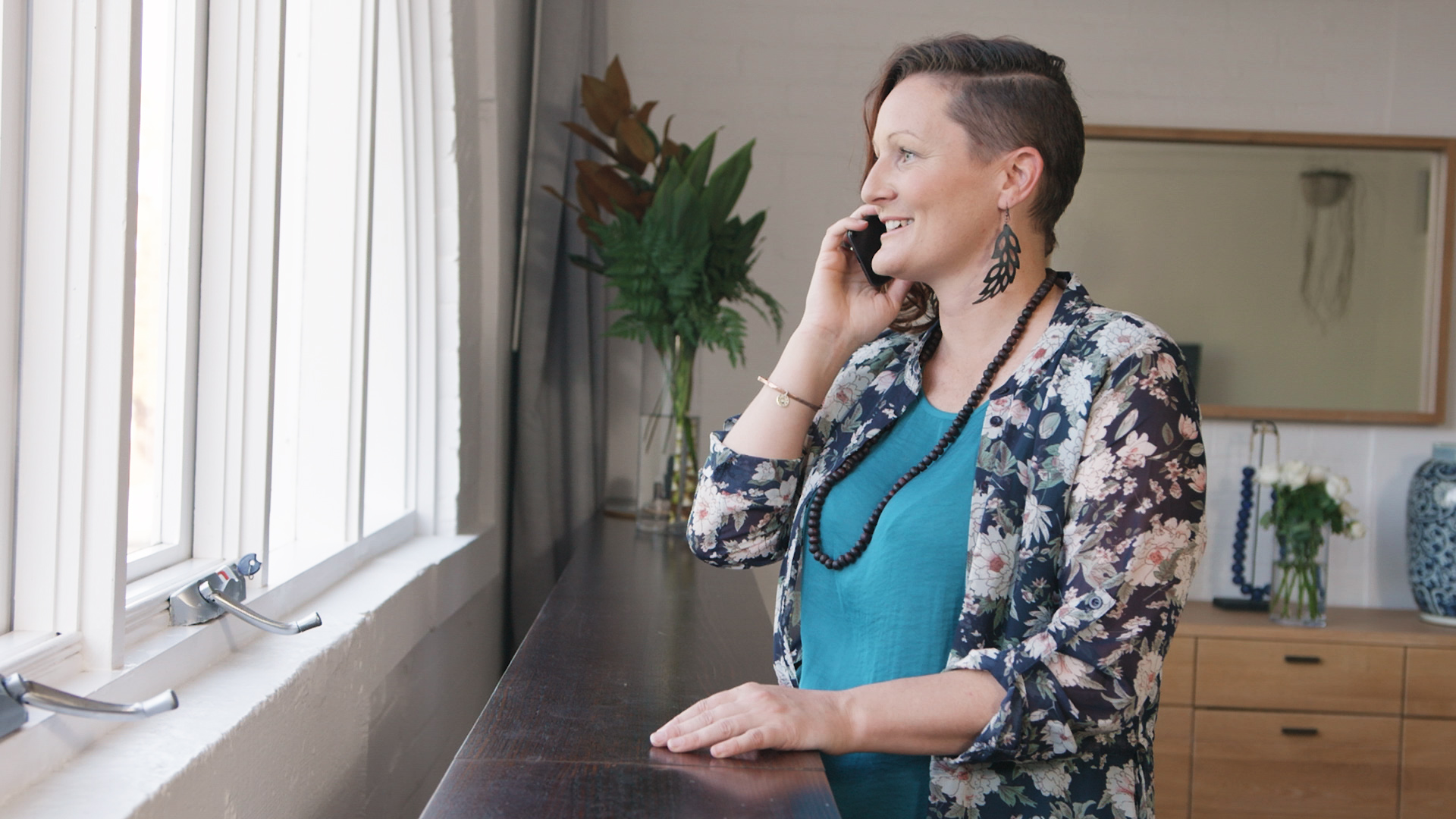
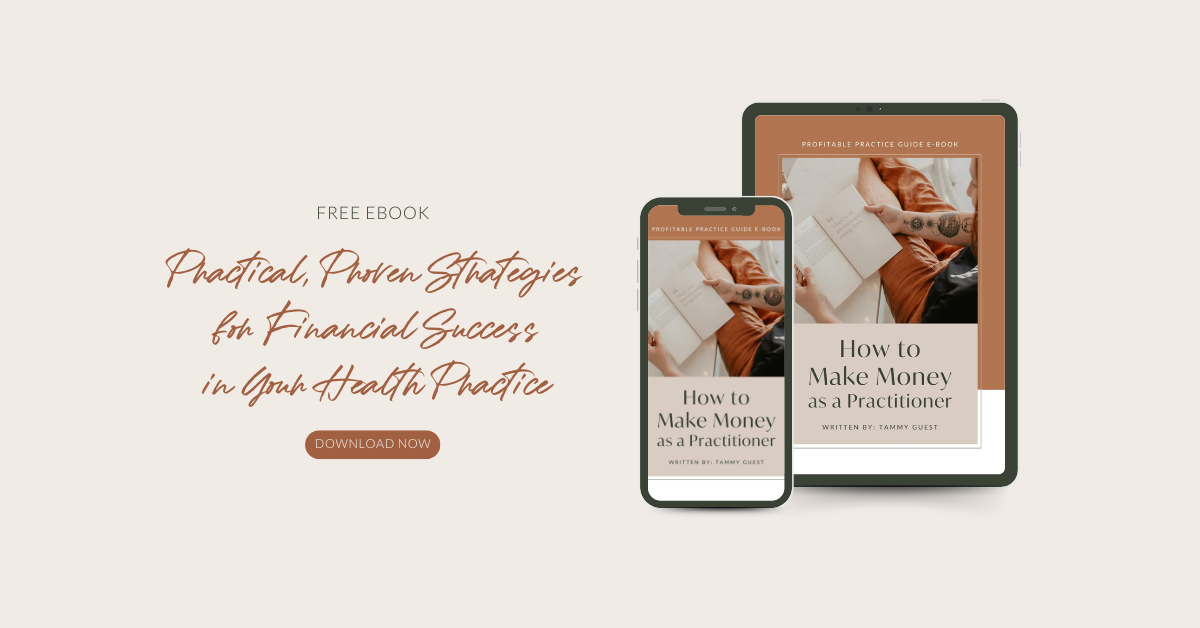
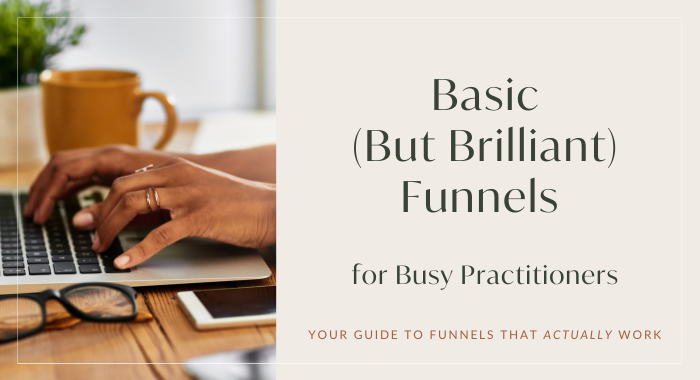


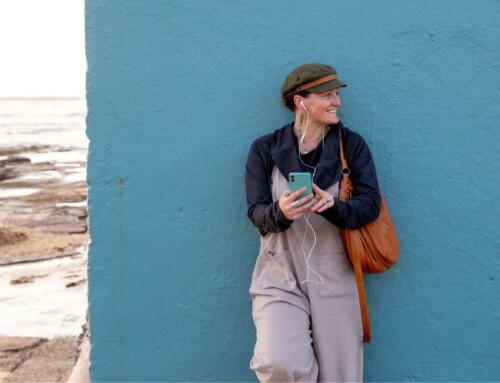
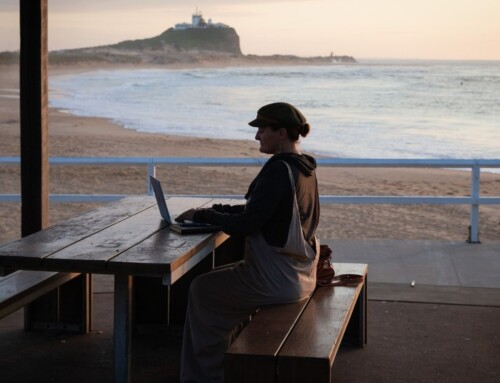

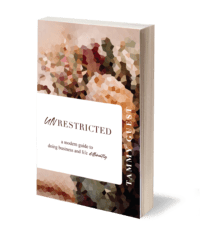
Leave A Comment